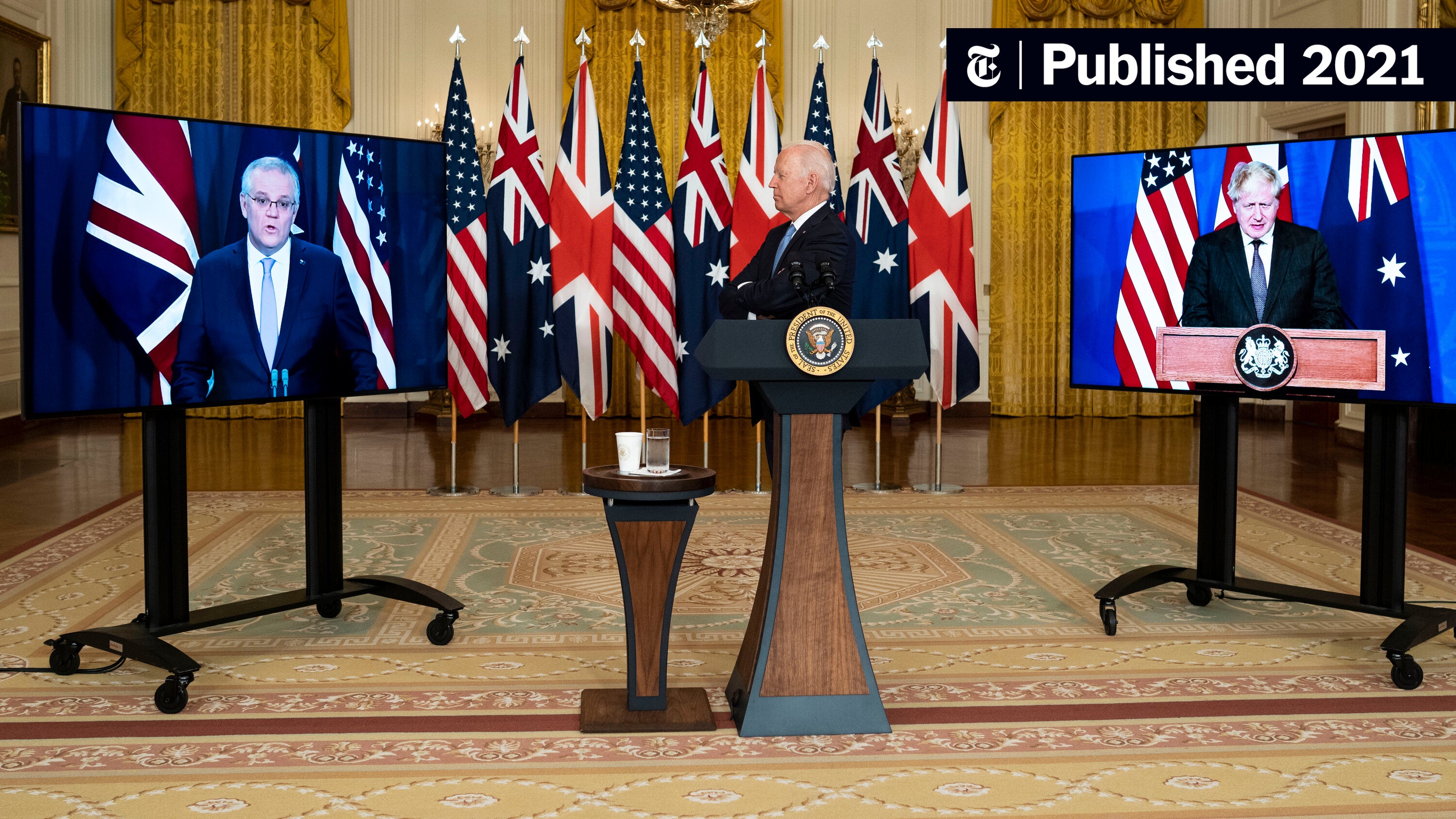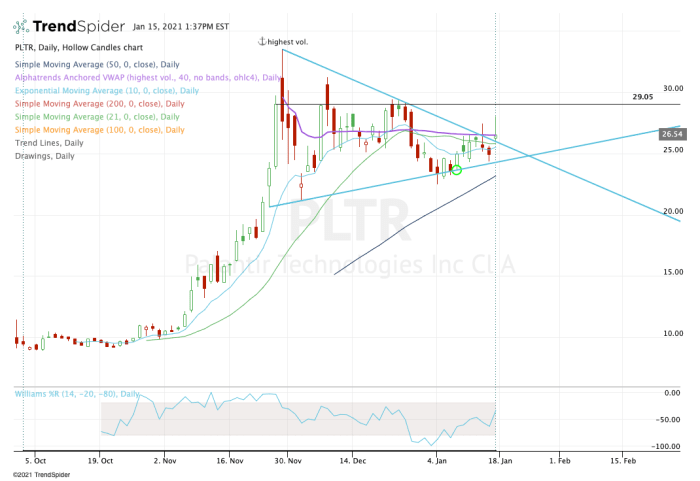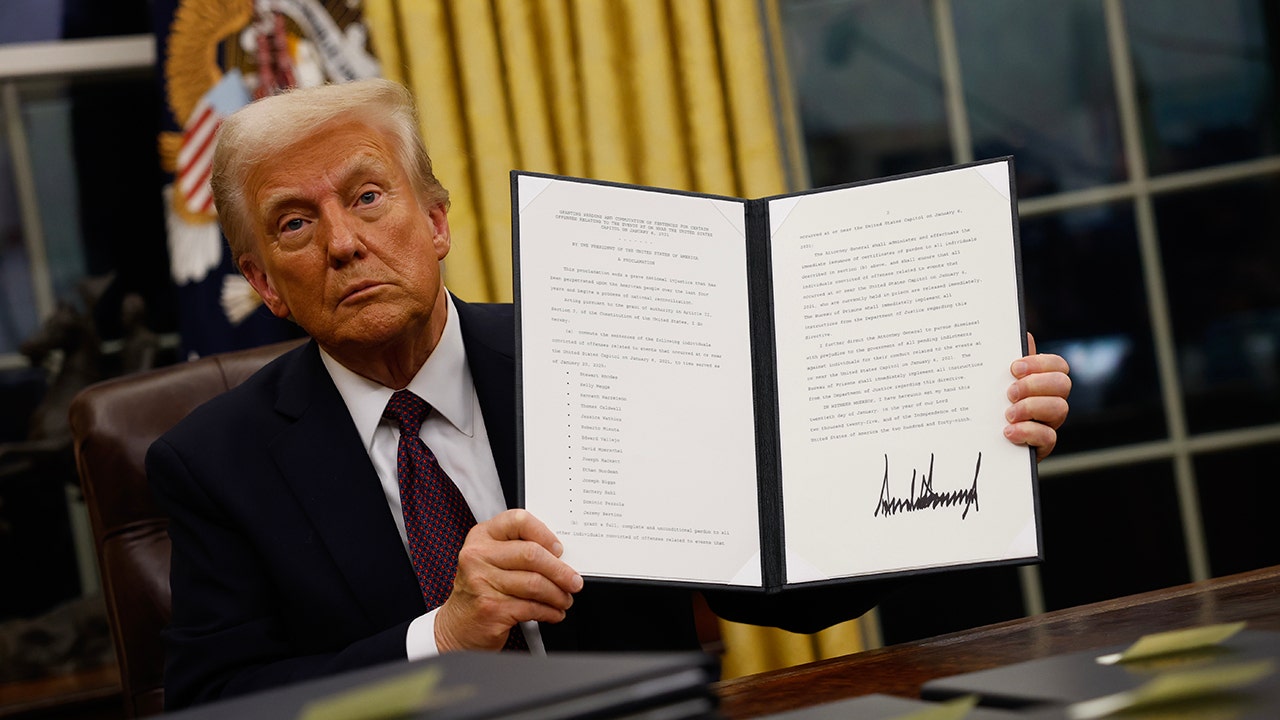French Minister Calls For Stronger EU Response To US Tariffs

Table of Contents
The Minister's Specific Concerns and Demands
The French minister's statement highlights serious concerns about the detrimental impact of US tariffs on the European economy. These concerns translate into specific demands for a stronger and more unified EU response.
Targeted Sectors and Economic Impact
The US tariffs have disproportionately impacted several key European sectors. Agriculture, particularly wine and cheese producers, has suffered significant losses. The aerospace industry, a major player in the EU economy, is also facing substantial challenges due to increased import costs.
- Affected Industries: Agriculture (wine, cheese, etc.), aerospace, automotive parts.
- Quantifiable Losses: Estimates suggest job losses in the tens of thousands across various sectors, and a decrease in EU exports to the US exceeding billions of Euros. For instance, French wine exports to the US have dropped by X% since the imposition of tariffs (insert actual data if available).
- Specific Examples of Tariffs: The US has imposed tariffs of Y% on specific European products (insert specific examples and percentages).
Calls for Retaliatory Measures
The minister explicitly advocated for retaliatory measures to counter the US tariffs. These measures go beyond mere diplomatic pressure and include concrete economic sanctions.
- Proposed Retaliatory Tariffs: The minister suggested imposing tariffs on specific US goods, mirroring the tariffs imposed by the US on EU products.
- Potential Sanctions: Other potential sanctions discussed included limitations on US companies' access to the EU market and restrictions on certain investments.
- Suggested Diplomatic Pressure: Increased diplomatic pressure on the US administration, including coordinated action with other EU allies, was also advocated for.
Concerns Regarding EU Unity and Decision-Making
A significant obstacle to a unified response is the internal disagreement within the EU. Some member states, due to their economic dependence on the US, are hesitant to engage in strong retaliatory measures.
- Differing Opinions: Countries like Germany, with significant trade ties to the US, have expressed reservations about escalating the trade war.
- Reasons for Differing Opinions: Economic dependence on the US market, fear of negative repercussions on national economies, and differing perspectives on the effectiveness of retaliatory measures are among the reasons for this division.
Potential Consequences of Different EU Responses
The EU's response, or lack thereof, will have significant ramifications for the future of EU-US trade relations and the global economy.
Scenario 1: Strong and Unified EU Response
A united front against US tariffs could lead to several potential outcomes, both positive and negative.
- Potential for Reduced US Tariffs: A strong and unified response might pressure the US to reconsider its tariff policy and negotiate a reduction or removal of the tariffs.
- Strengthened EU Trade Position: A decisive response could strengthen the EU's global trade standing and deter future protectionist measures from other countries.
- Potential for Further Escalation: However, a strong response also carries the risk of further escalation, leading to a prolonged and damaging trade war.
Scenario 2: Weak or Divided EU Response
A weak or divided response will likely have serious negative consequences.
- Increased Economic Losses for EU Member States: Continued inaction will only exacerbate the economic losses already suffered by various EU sectors.
- Weakened EU Global Trade Standing: A lack of decisive action will damage the EU's credibility and influence in global trade negotiations.
- Further Emboldening of Protectionist Policies in the US: A weak response will embolden protectionist forces in the US and potentially encourage similar actions from other countries.
The Broader Context of the US-EU Trade Relationship
Understanding the current trade dispute requires examining its historical context and global implications.
Historical Precedents
The current trade dispute is not an isolated incident. The US and the EU have a history of trade friction.
- Examples of Past Trade Disputes: Past disputes have involved issues like agricultural subsidies, intellectual property rights, and antitrust regulations. These disputes, while sometimes resolved, often highlight underlying tensions in the transatlantic trade relationship.
Global Trade Implications
This specific trade war between the US and the EU has far-reaching global implications.
- Implications for Other Countries: Other countries are affected indirectly, either through disruptions to supply chains or as potential targets for future protectionist measures.
- Impact on International Trade Rules: The dispute challenges the existing international trade rules and the authority of the World Trade Organization (WTO).
- WTO Involvement: The WTO has been involved in mediating some aspects of the dispute, but its effectiveness remains limited in the face of unilateral actions.
Conclusion
The French minister's call for a stronger EU response to US tariffs highlights the critical need for a united and decisive approach. The potential economic consequences of inaction are significant, emphasizing the urgency for the EU to act swiftly and effectively to protect its economic interests and prevent further escalation of this damaging trade war. The EU must address the issues of US tariffs and their impact on EU trade decisively. Continued monitoring of the European Union's response to the French Minister's demands is crucial for understanding the future of this vital trade relationship.

Featured Posts
-
 Palantir Stock Down 30 Is It A Buying Opportunity
May 09, 2025
Palantir Stock Down 30 Is It A Buying Opportunity
May 09, 2025 -
 Dijon Violente Agression Au Lac Kir Trois Hommes Blesses
May 09, 2025
Dijon Violente Agression Au Lac Kir Trois Hommes Blesses
May 09, 2025 -
 Roberts Shares Story Of Being Confused For Former Gop House Leader
May 09, 2025
Roberts Shares Story Of Being Confused For Former Gop House Leader
May 09, 2025 -
 Violences Conjugales A Dijon Le Boxeur Bilel Latreche Devant La Justice
May 09, 2025
Violences Conjugales A Dijon Le Boxeur Bilel Latreche Devant La Justice
May 09, 2025 -
 Remaining 2024 25 Nhl Season Storylines To Anticipate
May 09, 2025
Remaining 2024 25 Nhl Season Storylines To Anticipate
May 09, 2025
Latest Posts
-
 News From The Bangkok Post The Push For Better Transgender Rights
May 10, 2025
News From The Bangkok Post The Push For Better Transgender Rights
May 10, 2025 -
 The Bangkok Post And The Ongoing Struggle For Transgender Equality
May 10, 2025
The Bangkok Post And The Ongoing Struggle For Transgender Equality
May 10, 2025 -
 The Impact Of Trumps Executive Orders On The Transgender Community A Call For Stories
May 10, 2025
The Impact Of Trumps Executive Orders On The Transgender Community A Call For Stories
May 10, 2025 -
 Examining Transgender Equality Issues Highlighted By The Bangkok Post
May 10, 2025
Examining Transgender Equality Issues Highlighted By The Bangkok Post
May 10, 2025 -
 The Bangkok Post And The Fight For Transgender Equality In Thailand
May 10, 2025
The Bangkok Post And The Fight For Transgender Equality In Thailand
May 10, 2025
